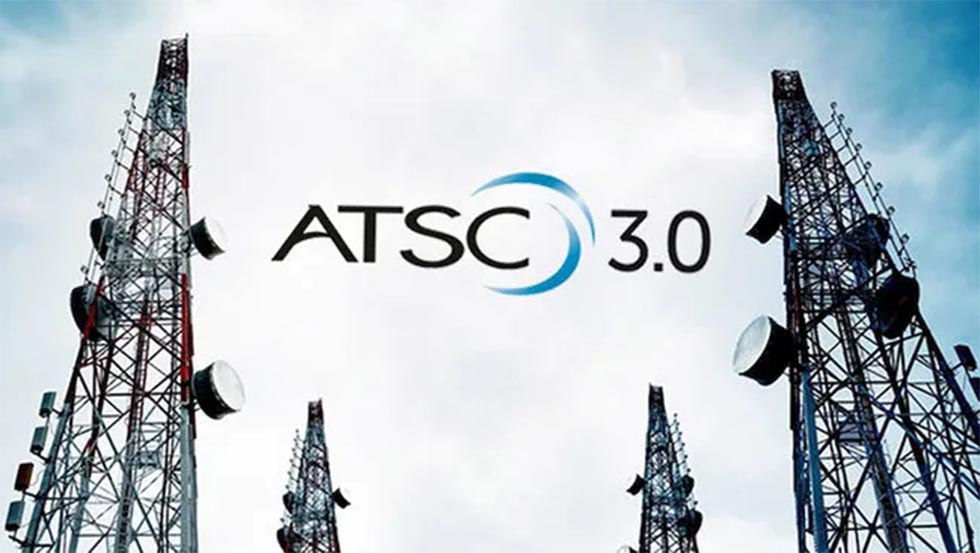TV Marti to begin three-month test of satellite delivery
TV Marti, the U.S. government-funded broadcast service that broadcasts news and information to Cuba, will begin a three-month trial beaming programming to the island nation via satellite.
The satellite transmission, which will blanket Cuba, will include Radio Marti and is scheduled to begin in September once the contract between TV Marti and Hispasat has been finalized.
Since March 1990 when the federal government’s International Broadcasting Bureau (IBB) inaugurated TV Marti transmission, an Aerostat balloon has daily taken a transmitter and antenna 10,000 feet aloft from Cudjoe Key in the Florida Keys to beam TV service to Cuba. The IBB is the administrative home of Voice of America, Radio and TV Marti and WORLDNET Television.
However, the efforts of the Castro government to jam the services have succeeded, especially in the central parts of Havana. The satellite trial is an attempt to thwart the jamming and reach Cuba’s estimated 10,000 to 15,000 home satellite dish owners.
“Hispasat will provide a powerful signal with a footprint that fully covers all of Cuba and nearly all of Latin America,” said a press statement issued jointly by Broadcasting Board of Governors (BBG) chairman Kenneth Y. Tomlinson, Office of Cuba Broadcasting director Pedro Roig and BBG governor Joaquin Blaya.
“Satellite receivers now on the island that are able to receive direct-to-home, free-to-air can be easily tuned to receive the signal. According to various commercial sources, satellite dishes are being used by more and more Cubans, and the numbers continue to rise. Moreover, we expect that as a powerful television signal with reliable, objective news and information becomes available to the Cuban people, it will inevitably find viewers. If we build it, they will come,” the statement said.
TV and Radio Marti programming will be uplinked to the Ku-band satellite from the Canary Islands. Because of Hispasat’s orbital position, signals will be beamed to Cuba on a relatively low trajectory, which will make them difficult for the Cuban government to jam, according to bureau sources.
Get the TV Tech Newsletter
The professional video industry's #1 source for news, trends and product and tech information. Sign up below.
The test will cost about $270,000. At its conclusion, the effectiveness of the trial will be evaluated and a decision is likely to be made on the future of the Aerostat service.
For more information, please visit: www.ibb.gov.
